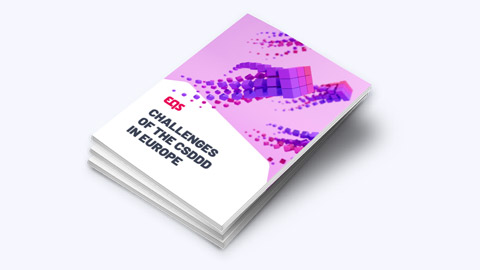Whistleblowing programmes today and tomorrow: 17 key questions answered
Today, many companies are recognising the value that a robust whistleblowing programme can deliver, when it is teamed with a “speak up” culture, in which employees feel empowered to raise issues. Boards and senior managers are recognising that it is far better for an employee to flag a challenge internally, where it can be resolved, then for the issue to erupt onto social media, newspaper headlines, or a regulator’s radar.
There are other benefits, as well. Whistleblowing information from employees can help reduce risk and prevent compliance breaches, ultimately contributing to better financial performance.
Governments and regulators are also recognising the value of whistleblowers, too, from a social perspective. For example, financial services regulators have strengthened whistleblowing requirements in the wake of the 2007-8 Financial Crisis, in the belief that whistleblowing could enable issues to emerge earlier, before they become such a threat to the soundness of the financial system. More broadly, the EU is putting in place a new Whistleblowing Directive, and the UK is considering updating its whistleblowing legislation as well.
This white paper is a guide to some of the more recent developments around whistleblowing, including implementing best practices and meeting compliance obligations. It asks some of the questions most frequently raised by companies seeking to improve their whistleblowing programmes – to meet new requirements and also to deliver more business value.
Content of the white paper:
- An overview on whistleblowing
- The importance of culture
- Best practices for companies



